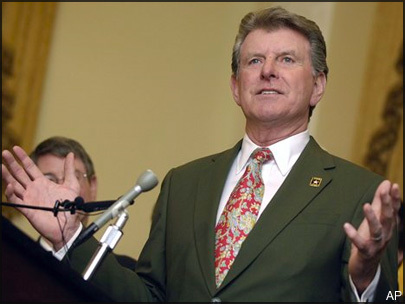With the reelection of President Obama, there will be no movement at the federal level to repeal the President’s health care law. For Idaho, a state where Republican Gov. Butch Otter considered “nullifying” the law when it was passed, the future of Obama’s law is less certain.
When the Supreme Court upheld the law, Otter seemed to pin his hopes on a change in Washington, DC, to reverse it.
“Change is now in the hands of the American people, and we must elect a new president and congressional candidates who will repeal Obamacare and protect our freedom to remain the architects of our own destiny,” he said at the time.
Before the election, Otter set up two working groups to consider what the state should do about ACA’s Medicaid expansion and requirement the state create a health insurance exchange.
The working groups have not finalized their reports, but there are indications the state will expand Medicaid and set up a state-run health insurance exchange.
Disagreement in Working Group
One member of the health insurance exchange working group has been a vocal critic of expanding Medicaid and any state sanction of a health insurance exchange. Wayne Hoffman, president of the Idaho Freedom Foundation, was one of two votes opposing the establishment of a health insurance exchange. He has devoted significant time and effort to educate policymakers and the public of the dangers he sees in Idaho complying with Obama’s law.
Hoffman does not view the reelection of President Obama as a reason to give up the fight.
“Elections come and go. Politicians come and go. But the battle for freedom and free markets is perpetual and depends on good people to stand tall and do everything possible in defense of liberty,” he said.
Otter has not made any statements about implementation or the progress of the two working groups since the election. Hoffman is counseling him to continue opposing the law.
“I’m counting on our governor and our state legislature to recognize that they play a critical role in protecting future generations from additional government mandates that dictate consumer behavior in ways we can only imagine,” says Hoffman.
What Otter decides to do should be clear by the time the legislature convenes in early 2013.




